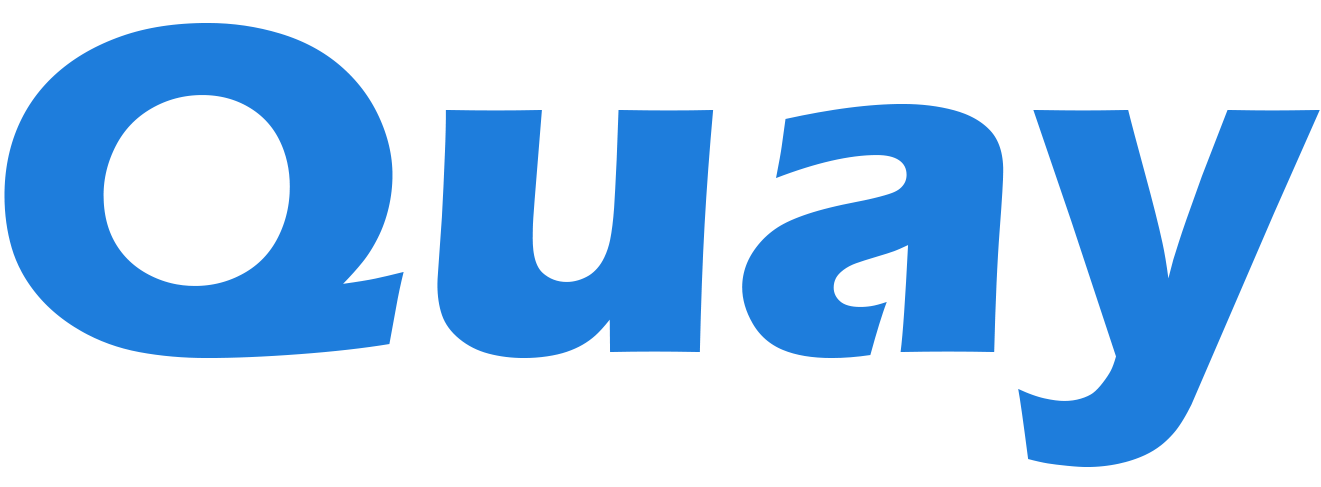As Google, OpenAI, and other AI platforms redefine the future of search, many UK marketers remain uncertain about how to respond. A new BrightEdge survey of 750 professionals in search, content, and digital marketing reveals a growing divide between strategic ambition and organisational alignment in the age of AI-powered search.
Marketers Unsure About AI, Despite Strategic Shifts
According to the report, 68% of organisations are already adjusting their search strategies to accommodate AI. However, 57% of marketers admit they are taking a “wait and see” approach, unsure whether to dive in or cautiously observe developments such as Google’s AI Overviews.
“Marketers are caught in the eye of the AI search storm,” the report states. “While 57% are taking a wait-and-see approach, the majority are already making strategic adjustments – with SEO teams leading the charge.”
Why This Matters: SEO Cannot Work in Isolation
While SEO teams are taking ownership of AI-related initiatives, BrightEdge warns that a lack of cross-functional collaboration could stall progress. Without active support from content, PR, leadership, and other departments, even the most innovative SEO strategies risk falling short.
This concentration of responsibility may lead to isolated efforts rather than a cohesive, enterprise-wide AI search strategy. As businesses navigate the rise of Generative Engine Optimisation (GEO), the need for integrated planning becomes increasingly urgent.
SEO Teams Driving AI Search Efforts
BrightEdge’s findings reveal that most companies are leaning on their SEO and digital marketing teams to lead AI initiatives. Here’s how responsibility is distributed:
SEO/Digital Marketing: 54%
Content/Editorial Teams: 14%
PR/Communications: 8%
IT/Engineering: 8%
Leadership/C-suite: 7%
Product/Strategy Teams: 6%
No Ownership Yet: 3%
This heavy reliance on SEO teams places added pressure on them to navigate a rapidly changing AI landscape, often without the tools or support needed for long-term success.
AI Overviews: Optimism with Uncertainty
Google’s AI Overviews are introducing subtle, rather than seismic, shifts in how organisations appear in search. Yet despite this measured impact, marketers remain cautiously uncertain:
57% are “cautiously optimistic”
20% are seeing changes but unsure where to begin
Only 5% feel that search visibility “has never looked better”
Another 4% admit to being in “complete confusion”
This mix of hope and hesitation underscores the importance of clearly defined strategies and better internal communication between teams.
AI Search is Not Just About Google
Marketers are also broadening their horizons beyond Google. Among those actively responding to AI search changes:
45% are prioritising Google AI Overviews and ChatGPT
27% are focusing on ChatGPT-specific strategies
18% are incorporating tools like Claude and Perplexity AI
This multi-platform approach reflects a growing understanding that AI-driven search spans across platforms, requiring brands to monitor their visibility far beyond traditional SERPs.
Key Takeaway: Collaboration is the Key to AI Search Success
BrightEdge concludes its report with a clear message: organisations that foster cross-team collaboration will be best positioned to succeed in the AI-driven future of search.
“The organisations that can transform cautious optimism into strategic confidence will emerge as the winners in this new search landscape,” the report advises.
Final Thoughts
To stay competitive in the era of generative AI search, businesses must move beyond siloed strategies. While SEO teams are at the forefront, true progress depends on a cohesive, company-wide effort that includes content creators, technical teams, and decision-makers.
By embracing a multi-platform mindset and fostering collaboration, brands can turn today’s uncertainty into tomorrow’s competitive edge.

